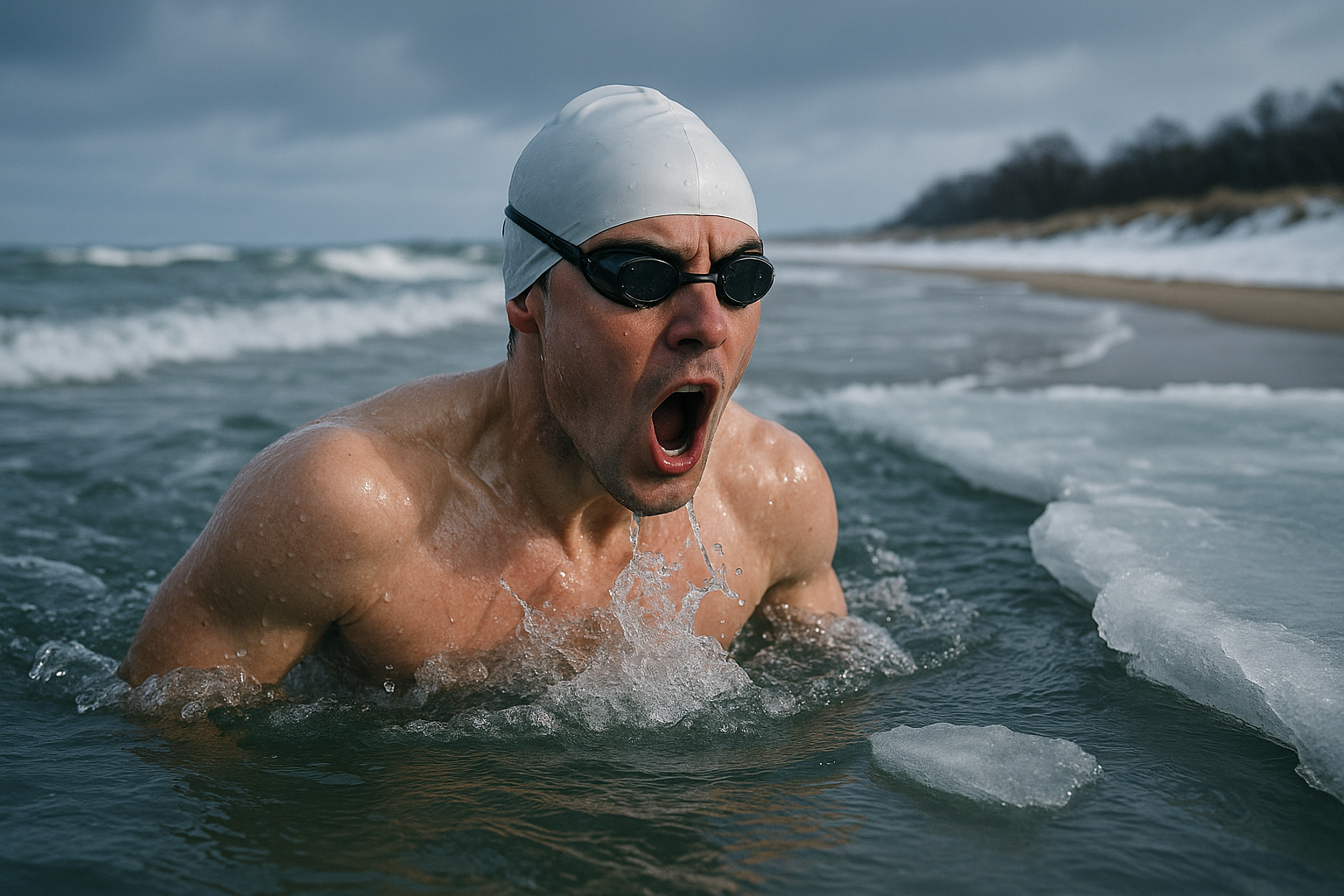**"Diving Into the Depths of Cold Water Swimming: A Comprehensive Exploration"
The desire to plunge into icy waters may seem counterintuitive, yet it is a phenomenon gripping the world of swimming. Cold water swimming, once considered a niche pastime, is rapidly gaining mainstream recognition. It's not just for the hardy or the brave; it's for anyone seeking to push their physical and mental boundaries. But what draws individuals to this extreme sport, and what are the scientific implications behind it?

A Chilling Historical Perspective
Cold water swimming is not a new trend. It traces its roots back to the ancient Greeks and Romans, who believed in the therapeutic benefits of hydrotherapy. Fast-forwarding to the 19th century, the Brighton Swimming Club, established in 1860 in the UK, is recognized as one of the oldest swimming clubs. The club members regularly braved the chilly English Channel waters, setting a precedent for future cold water swimmers.
The Science Behind the Shivers: Benefits & Risks
Research indicates cold water swimming can enhance mental wellbeing, boost the immune system, and increase metabolism. However, the sport is not without risks. Hypothermia, cold water shock, and the after-drop effect, where core body temperature continues to fall after exiting the water, can present significant challenges. Nonetheless, with proper preparation and awareness, these risks can be managed effectively.
Cold Water Swimming in Today’s Sporting Landscape
Today, cold water swimming is not confined to the brave few. Events like the UK’s ‘Big Chill Swim’ and Russia’s ‘Winter Swimming World Championships’ attract global participation. With the increasing popularity, there is a need for more scientific research to understand the long-term effects of this extreme sport on the human body.
The Future of Cold Water Swimming: A Frosty Forecast
As we delve deeper into the 21st century, cold water swimming is set to continue its icy ascent. The challenge it presents, both physically and mentally, coupled with its potential health benefits, signals a bright, albeit frosty, future for this extreme sport. As more individuals embrace the chill, it will be fascinating to see how this trend evolves in the sporting world.
Cold water swimming is more than just a sport—it’s a test of human resilience and a testament to our adventurous spirit. Whether you’re an experienced swimmer or a curious novice, the icy depths are an open invitation to explore your limits. So, as the saying goes, take the plunge—you never know what you might discover.




